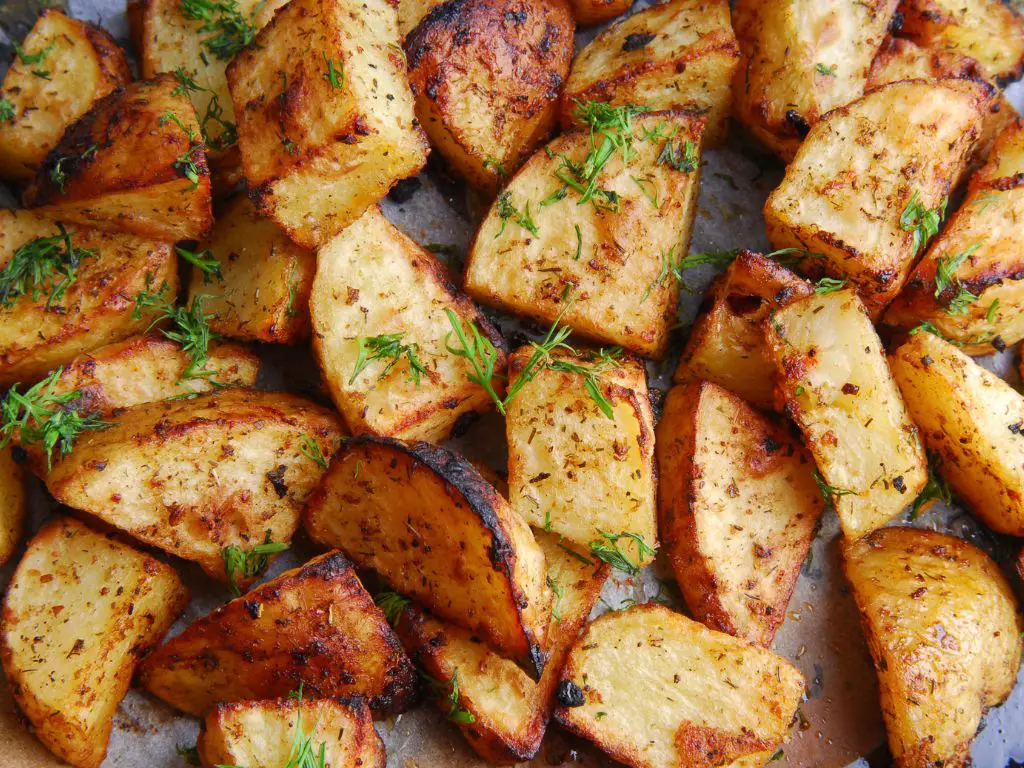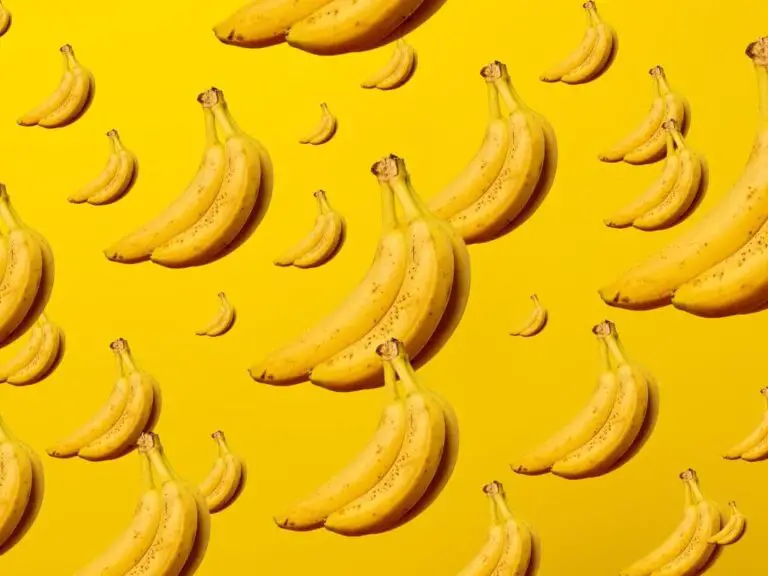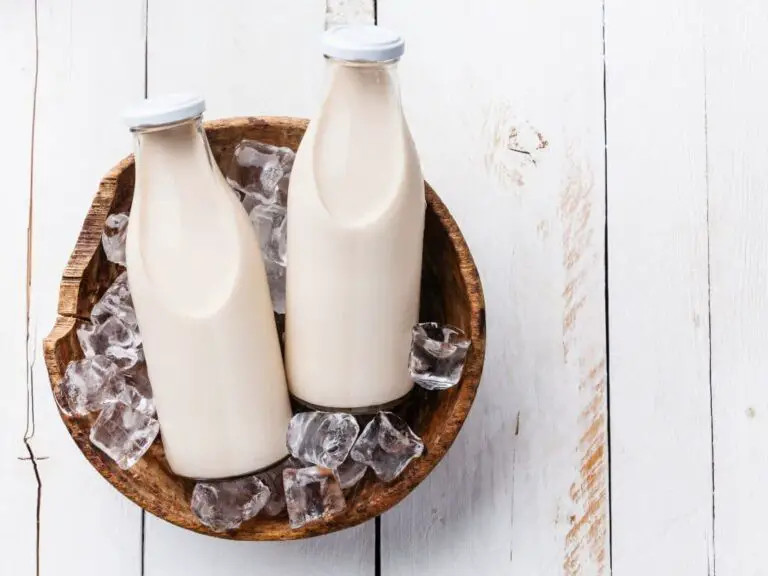Are Potatoes Keto?
No, potatoes are not generally considered suitable for a ketogenic diet due to their high carbohydrate content. A medium baked potato contains about 33g of net carbs, which would consume most of the target daily carb intake on a keto diet (20-50g). However, it may be possible to include small portions of potatoes occasionally in a keto diet once keto-adapted, particularly around workouts for fuel or recovery, but effective alternatives like cauliflower, turnips, and radishes are recommended for routine meals.

The ketogenic diet, commonly known as keto, is a very low-carb, high-fat diet that shares similarities with the Atkins and low-carb diets. The goal of the keto diet is to put the body into a metabolic state called ketosis.
In ketosis, the body becomes incredibly efficient at burning fat for energy instead of carbs. It does this by converting fat into ketones in the liver, which can supply energy to the brain. As a result, ketosis leads to rapid weight loss and other health benefits.
However, to reach ketosis you must severely restrict carb intake to typically less than 50 grams per day. This leads many to question whether common high-carb foods like potatoes can be part of a keto diet.
This article looks at potatoes and the keto diet in detail. It will cover:
- The carb and nutrient content of potatoes
- Benefits and risks of the keto diet
- Can you eat potatoes on keto?
- Low-carb potato substitutes
- Keto-friendly potato recipes
The Carb and Nutrient Content of Potatoes
The main factor determining whether a food is keto-friendly is its carb content. Potatoes are relatively high in carbs compared to other vegetables.
One medium baked russet potato (213g) contains:
- 37 grams of carbs
- 4 grams of fiber
- 33 grams of net carbs
This alone would use up most of your daily carb allowance on keto.
The carb content can vary slightly depending on the type and cooking method:
| Potato Type | Serving Size | Total Carbs | Net Carbs |
|---|---|---|---|
| Russet (baked) | Medium (213g) | 37g | 33g |
| Red (boiled) | 1 cup diced (156g) | 26g | 17g |
| Sweet (baked) | Medium (130g) | 23g | 17g |
| White (mashed) | 1 cup (237g) | 24g | 18g |
Cooking method also impacts carbs. Frying potatoes adds fat but does not reduce their carb count significantly.
So boiled, baked, or mashed potatoes all contain a similar amount of digestible starches and carbs.
Despite their high carb content, potatoes are dense with nutrients. They provide significant amounts of:
- Vitamin C – 45% DV in a medium potato
- Potassium – Over 600mg or 15% DV
- B-vitamins like folate, niacin
- Fiber – 4 grams in a medium potato
They also contain varying amounts of vitamins, minerals, and antioxidants. Potatoes with colored flesh like purple or red contain the highest levels of antioxidants.
So while potatoes are high in carbs, they are also nutritious and may have some health benefits. However, their high starch and carb content makes them unsuitable for the keto diet.
Benefits and Risks of the Keto Diet
The keto diet provides several impressive benefits:
- Weight loss – Keto diets lead to fast weight loss by burning fat. They help reduce hunger hormones and appetite compared to high-carb diets.
- Diabetes management – Because keto diets keep blood sugar and insulin levels low, they can reverse insulin resistance and help manage diabetes.
- Heart health – Keto improves risk factors for heart disease like high blood pressure and elevated cholesterol.
Other benefits include reduced acne, neurological disorders like epilepsy, and certain cancers.
However, there are also risks to keto diets including:
- Keto flu – Transitioning to ketosis often causes temporary symptoms like fatigue, headaches, nausea, and constipation. This “keto flu” usually resolves within a week or two.
- Nutrient deficiencies – Without careful meal planning, long-term keto diets may provide inadequate fiber, magnesium, potassium, vitamins C and K.
- Dangers of high fat – Keto diets are very high in fat. While they encourage healthy fats, eating too many calories from fat can raise LDL cholesterol and cause problems long-term.
Following keto also requires strict carb restriction. Even small amounts of starch can knock your body out of ketosis, reducing the diet’s benefits.
This is why starchy foods like bread, pasta, rice, beans and potatoes are restricted on keto. Even though potatoes are highly nutritious, their high carb content makes them unsuitable for the keto diet.
Can You Eat Potatoes on Keto?
It’s best to avoid potatoes if you want to get into ketosis and experience the benefits of keto.
Here are a few scenarios where you may be able to fit small amounts of potato into a keto diet:
- Occasionally – Having a few forkfuls of potatoes once or twice a week is unlikely to affect ketosis in some people. But this depends on your carb tolerance.
- Before workouts – Eating carbohydrate-rich foods like potatoes before intense exercise can provide your muscles with easily accessible fuel. Your body will likely burn through this glucose during your workout and quickly re-enter ketosis.
- Post-workout – Small amounts of potatoes along with protein after workouts may help replenish muscle glycogen after exercise.
However, most people will do best avoiding potatoes altogether on keto to prevent excess carbs.
When first adapting to keto, strive to keep net carbs below 20g per day. After a few months, you may be able to add slightly more carbs while staying in ketosis. The maximum amount varies between individuals, but remains below 50g net carbs.
So an occasional small potato-based side dish may be possible after you become keto-adapted. But regular potatoes can quickly take you over your daily limits and throw you out of ketosis.
Low-Carb Potato Substitutes
Luckily, several healthy vegetable alternatives can substitute potatoes on keto. Here are some popular low-carb potato substitutes:
- Cauliflower – Cauliflower is the most versatile potato substitute. It can be mashed, fried into “rice”, or riced and cooked into hash browns.
- Turnips – Turnips have a starchy texture similar to potatoes. Substitute turnip fries, mash, or cubes for regular potato dishes.
- Radishes – These cruciferous vegetables have a mild flavor and can be sliced or shredded to mimic a potato texture.
- Jicama – Jicama is a fiber-rich tuber vegetable with just 6g net carbs per 100g. Try jicama fries or cubes for a refreshing twist.
- Zucchini or eggplant – Along with cauliflower, zucchini and eggplant can be sliced or spiralized into noodle shapes to replace starchy pasta or potatoes.
- Spaghetti squash – Once cooked, this yellow squash separates into noodle-like strands perfect for replacing pasta and potato dishes.
These low-carb vegetables allow you to still enjoy some of your favorite potato dishes on a keto diet.
Keto-Friendly Potato Recipes
Here are a few recipe ideas for keto-friendly potato alternatives:
- Cauliflower mash – Steam and puree cauliflower florets with butter, cream, and seasonings for a mashed potato replacement.
- Turnip fries – Cut turnips into fry shapes, toss with oil, and roast on high heat for crispy fries.
- Cheesy cauliflower gratin – Top sliced cauliflower with heavy cream and cheese then bake until browned and bubbly.
- Radish hash browns – Grate radishes and cook like potato hash browns, adding onions and spices.
- Jicama tater tots – Dice jicama, mix with an egg and seasoning, then bake into crunchy tots.
- Spaghetti squash carbonara – Scrape spaghetti squash strands and mix with egg, parmesan, bacon, and cream for a low-carb carbonara.
- Cauliflower fried rice – Pulse raw cauliflower into rice-sized pieces then stir fry with eggs, meat, and veggies.
With a little creativity, you can enjoy sensational low-carb potato meals on the keto diet.
Conclusion
Potatoes are too high in digestible carbohydrates to include in a ketogenic diet. You must restrict net carbs to 20-50g daily to reach ketosis and experience benefits like weight loss, stable energy, and reduced hunger.
A medium baked potato contains about 33g net carbs, which could use up your entire carb allowance for the day.
However, you have options. There are many delicious low-carb vegetables that can substitute for potatoes in keto recipes.
Occasionally indulging in a small portion of potatoes around workouts may be possible, but regular potatoes can quickly take you out of ketosis. Avoiding potatoes completely when starting keto is best.
With some creativity, you can still enjoy potato flavors and textures on a low-carb ketogenic diet using ingredients like cauliflower, radishes, turnips, jicama, and spaghetti squash.





